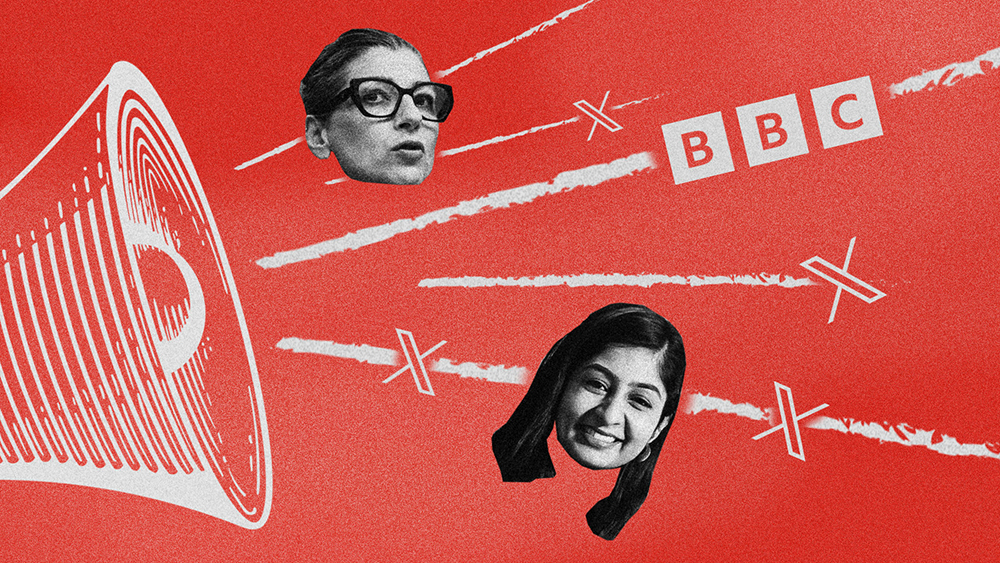(sublinhados meus)
The new dark age

We have entered a new dark age. I’m not just referring to the situation in Britain since last week. Though if I were, that too would seem irrefutable. I mean in a far broader sense – that the world has entered a new dark age.
The first dark age was characterised by a lack of information. For centuries almost nobody – even the most privileged people of the day – had access to any knowledge. The second dark age, by contrast, is characterised by a surfeit of information. Indeed there is so much information around us that nobody has a chance of absorbing even a calculable portion of it.
Never mind the millions of books published each year, or the billions of podcasts. Consider the trillions of opinions thrown out every day. The noise created by the half a billion people who use Twitter tends to dominate. But what about the almost three billion people (nearly half the planet) pinging messages to each other on WhatsApp? Today people have information coming at them all the time from every direction, and almost no ability to sift it.
Let me give one example that came my way this week. I hadn’t heard much of the Lancet since the Iraq war. That was when a magazine previously known only among those interested in peer-reviewed medical journals made huge headlines. For no clear reason, the journal decided to publish an article far away from its area of competency. The piece attempted to put a number on civilian deaths in Iraq. Its methodology was shown to be badly flawed, but the figure it came up with got thrown around anyway.
Personally, I chalked it up as one of those occasions when a publication completely delegitimises itself. If I can’t trust a specialist journal on something I know about, then how could I trust it on things I don’t know about? I can’t, and so I never had cause to trust the publication again.
Of course there is a danger in that, because if previously trustworthy journals delegitimise themselves, then there is one less reliable source. And if that happens many times – say, over the course of two decades – you are soon in a place where almost nothing can be believed, all the while being bombarded with information from such sources.
Anyway, the Lancet cropped up again this week. Once again it seems to have decided to get into the area of working out how many deaths have occurred in a war – this time, how many will be attributable to the conflict in Gaza over the past eight months. The outlandish yet weirdly precise figure of 186,000 deaths was put forward, which is far outside any previous estimates from any source in the region. What’s more, the figure was proposed at one and the same time as ‘not implausible’ and ‘conservative’ as an estimate.
The deranged mobs on social media caught wind of the story from an allegedly unimpeachable source and promptly ran with it. One thing they failed to note was that the article was not an article. It was a contribution to the ‘correspondence’ section, or letters page of the Lancet.
Ordinarily this would be counted as bad form. We have some splendid letter-writers in The Spectator, and the occasional oddball as well. But if somebody wrote a letter to this magazine and made some outlandish claim in it, it still would not be quite right to pass around the internet the idea that this was something which we had endorsed. It would just be one person’s opinion.
But in the new dark age that sort of detail gets lost. Earlier this week, as the Labour government got under way, a number of our wonderfully informed MPs joined the throngs of people passing the Lancet’s figure around social media. Perhaps they were appalled at the possibility that the figure was true. Or perhaps they wanted to whip up their base of activists online and try to get ahead of the outrage by leading it. Or perhaps they are just ignorant as swans.
On social media the Labour MP Zarah Sultana proclaimed: ‘The Lancet – the most prestigious medical journal in the world [as though Ms Sultana had surveyed all the relevant journals and soberly landed on this assessment] – conservatively estimates that the death toll in Gaza could be 186,000 or more.’ She went on to conclude that the UK should end any arms sales to Israel. In short order this message was read more than a million times.
The Irish Times joined in the fun. What was once Ireland’s leading broadsheet repeated the claim as a headline article, with the number attributed to a ‘British medical journal’. The UN special rapporteur Francesca Albanese – a political, partisan hack if ever there was one – also helped spread the error across the world. On the BBC’s Newsnight, an ‘author and climate activist’ called Mikaela Loach repeated the claim, noting that Joe Biden is often called ‘Genocide Joe’ because he had ‘aided and abetted’ the killing of… and here the number was trotted out again, without any challenge from the BBC presenters.
What all these people were apparently doing – knowingly or otherwise – was picking up an unsubstantiated claim, misrepresenting the source, presenting it as something it wasn’t while the cover of a once–recognised specialist publication gave a veneer of truth to the claim.
Of course, many of the people who did this are just the sort of people who would rail against talk of ‘fake news’. But we are so far beyond that. As I say, it’s a new dark age, characterised not by monkish silence, but by uninformed howling.
Sem comentários:
Enviar um comentário